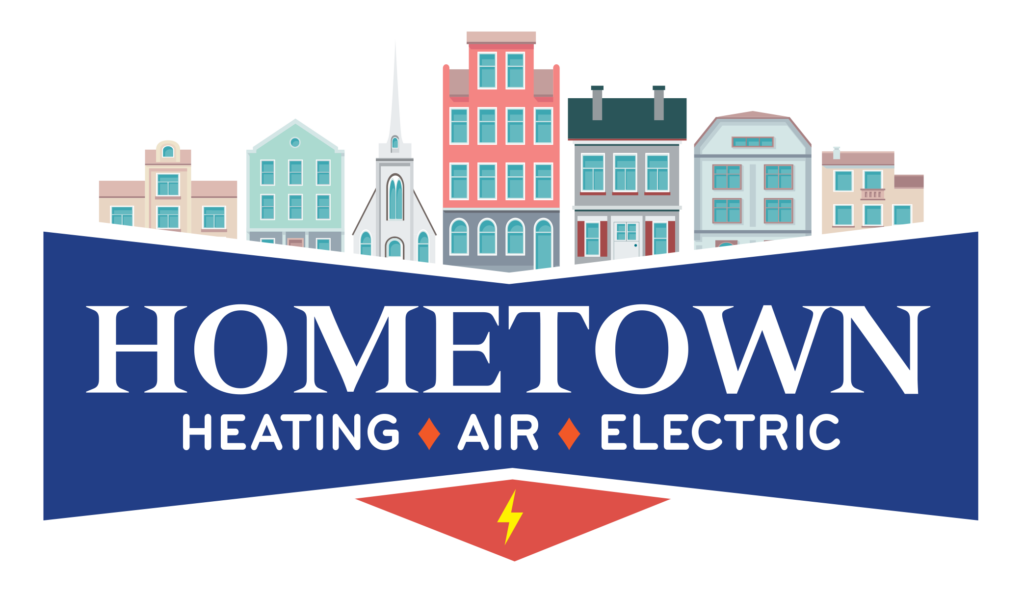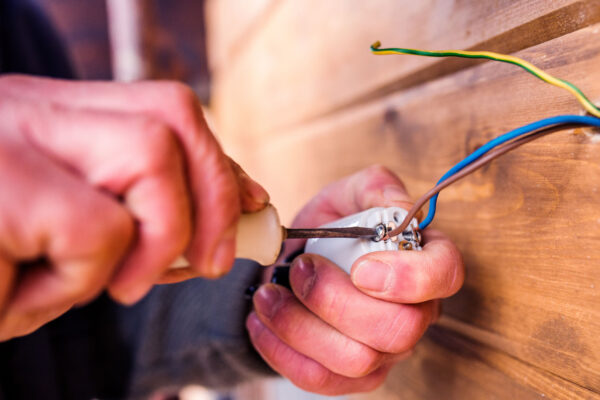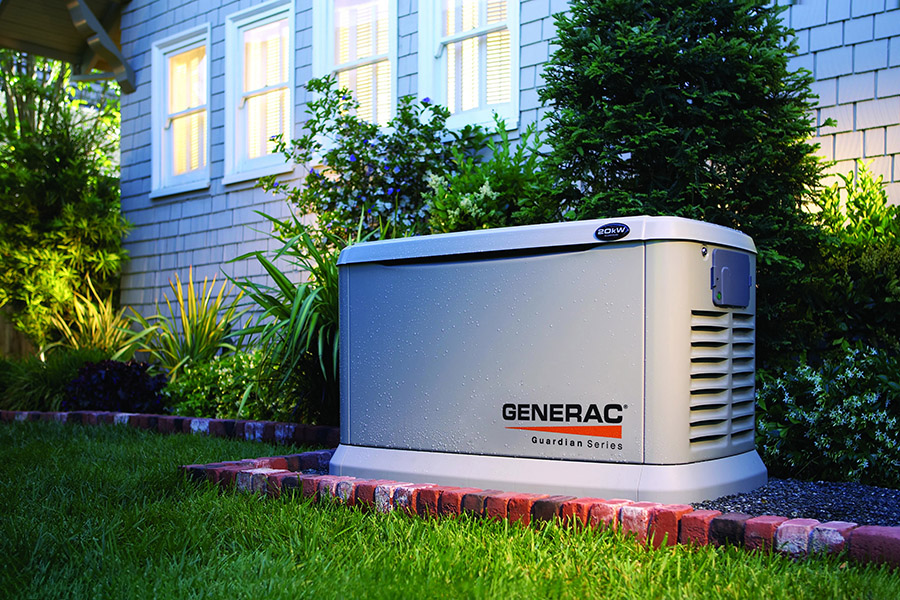SEER stands for Seasonal Energy Efficiency Ratio. It measures both how well an air conditioner cools a designated amount of space and also the amount of energy it takes to do this. A closely related idea is the EER, or Energy Efficiency Ratio, which is like a snapshot of an appliance’s energy efficiency at a given point in time.
By contrast, the SEER rating takes into account the appliance’s performance over the length of a season. The SEER rating is calculated by multiplying an air conditioner’s cooling output over the course of the cooling season by the energy, measured in Watt-hours, that the air conditioner uses. Cooling output, measured in British Thermal Units (BTUs), is calculated using a constant indoor temperature number and a range of outdoor temperature numbers starting at 60 degrees Fahrenheit up to more than 100 degrees Fahrenheit. For the purposes of this calculation, 50% relative humidity is assumed.
The U.S. Department of Energy set the standard in January 2006 that every residential air conditioner sold in the U.S. must have a SEER of at least 13. Traditional air conditioners will typically have a SEER rating of between 13 and 21. Ductless mini-split air conditioning systems may have a much higher SEER rating, up to 42. Mini-split systems are often so efficient because you can choose which areas of your home get conditioned air, preventing your system from heating/cooling rooms that aren’t being used.
The higher the SEER rating, the more energy-efficient the air conditioner will be. Keep in mind that in colder regions, having an air conditioner with a high SEER rating may be less important to you than it would be in a warmer climate.
If you choose an Energy Star-certified air conditioner, then you know that your appliance will have a SEER of a least 14. The Energy Star designation isn’t given to any appliances with a SEER of less than 14.
The Department of Energy says in its publications that replacing an appliance with a SEER of 9 with a new appliance with a SEER of 14 saves the homeowner about 35% on energy costs. So, for example, a homeowner who spends $100 a month on air conditioning with an air conditioner with a SEER of 9 would save $35 by switching to one with a SEER of 14.
Incentives for replacing older, less energy-efficient air conditioners with newer, more efficient ones may be available. Check with your tax professional to learn about available tax credits. Your local utility companies may offer additional incentives or rebates. In some cases, manufacturers’ rebates may be available as well.
How Can You Improve the Energy Efficiency in Your House?
Your home’s energy efficiency can vary based on factors that include your geographic location, your home’s size, and the rating of the insulation used in your walls and ceilings. A number of steps can help you increase the energy efficiency of your home’s air conditioning system:
- Check for crushed or bent fins or coils in outdoor air conditioners.
- Check for disconnected ducts.
- Clean or replace filters once a month.
- Close drapes and blinds during summer daylight hours.
- Close fireplace dampers when they’re not in use.
- During summer, set your thermostat to 78 degrees Fahrenheit when you’re not home.
- During winter, set thermostats to no more than 68 degrees Fahrenheit during waking hours.
- Get preventative checkups at least once a year.
- Keep plants and debris away from outdoor air conditioners.
- Let sunlight in during winter daylight hours.
- Read the air conditioner owner’s manual.
- Regularly have your ductwork cleaned.
- Seal any leaks in your ductwork.
Poorly insulated and/or poorly sealed rooms decrease your home’s energy efficiency. To make your home more efficient, inspect for any leaks and cracks where air could be leaking in or out, and have these sealed.
Contact Hometown Heating, Air & Electric
When you need heating, cooling, and electrical services in the Cedarburg, WI area, contact the professionals at Hometown Heating, Air & Electric. Our team has years of experience installing and repairing air conditioners and heat pumps, cleaning air ducts, and installing ductless mini-split heating and cooling systems. We also work with improving indoor air quality and installing thermostats. If these are services that you need to help your home become more comfortable, get in touch with us today for a quote.


